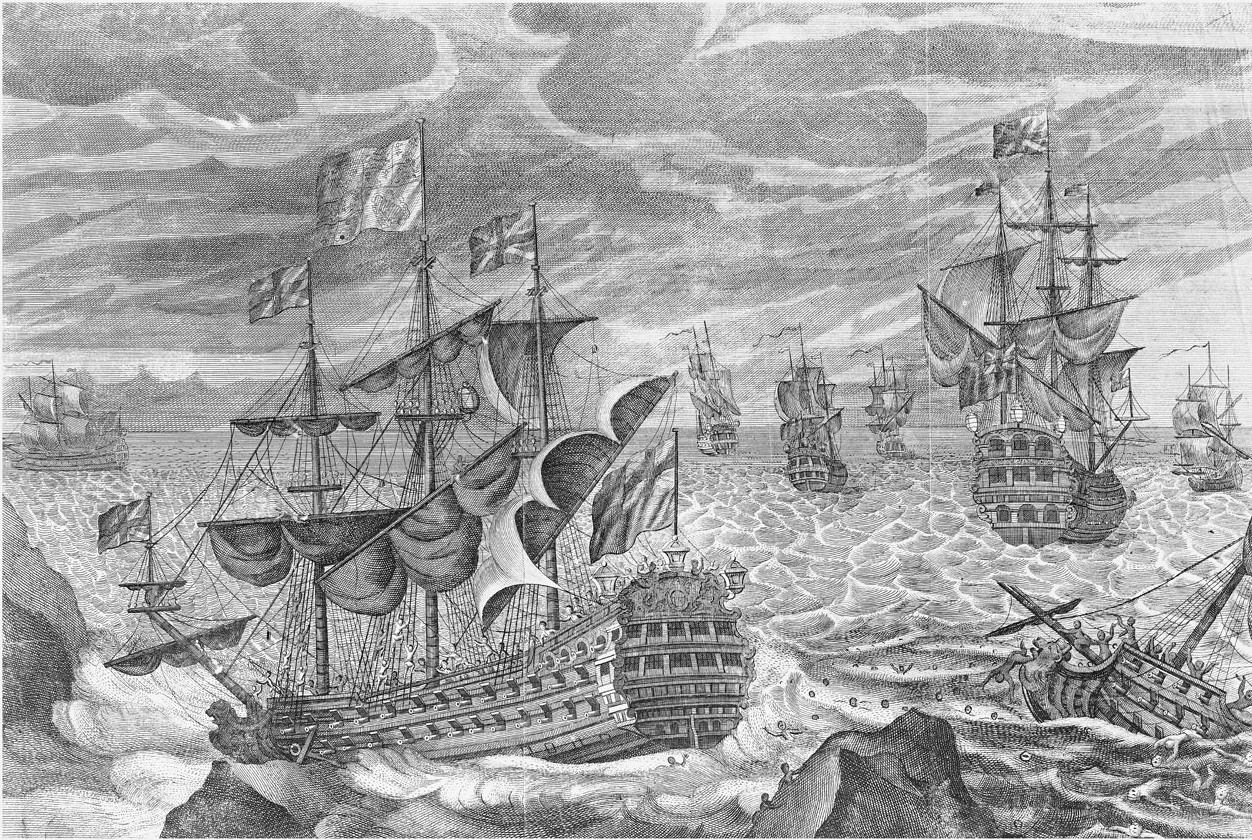The Quest to Find Longitude
In 1707, four English ships crashed into the Scilly islands killing nearly
2000 sailors. The wreck was attributed to a miscalculation of longitude
leading the English government to pass the Longitude Act of 1714, which
guaranteed a prize of 20,000 pounds to whomever could accurately determine longitude.
Many scientists at this time believed celestial navigation was the answer to the longitude problem.
Another branch of scientists, however, including Harrison, believed that by comparing the time on
a ship to the time recorded at noon at Greenwich, England, one could accurately determine longitude.
At this time, there were no clocks that could accurately tell time on a ship. Pendulum clocks could not
withstand the rocking of a ship, and variations in temperature affected the oil and metal components of clocks.
By the end of a ship's journey, most clocks were wildly inaccurate.

https://upload.wikimedia.org/wikipedia/commons/d/d5/HMS_Association_%281697%29.jpg
Engraving of the Scilly Naval Disaster of 1707
previous home forward